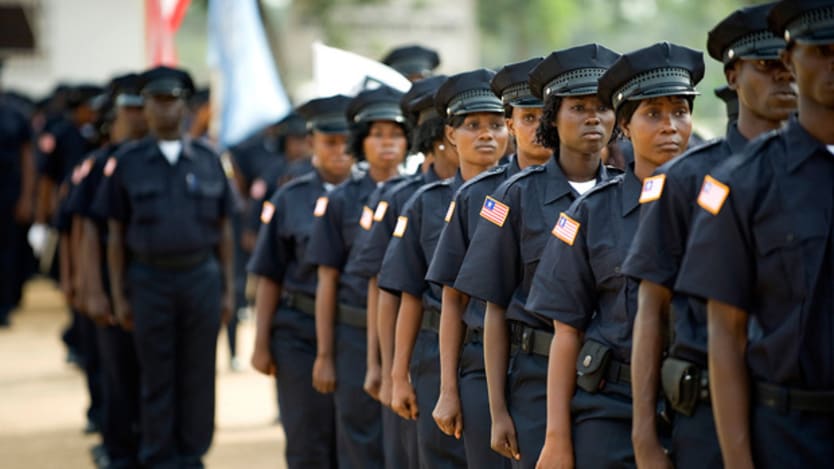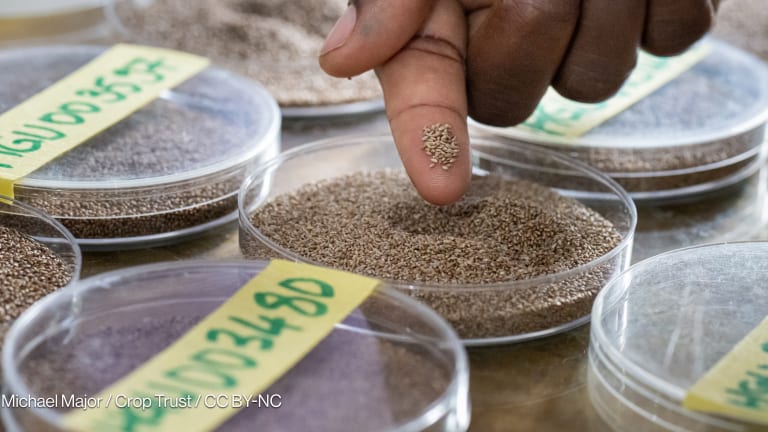
Statistics don’t lie. The single best predictor of a state’s level of peacefulness is not wealth, democracy or identity. It’s how well women are treated, according to the 2012 book “Sex & World Peace.”
Countries where gender equality is built into the policies of government, as well as where women participate in the decisions of state and have access to education and health care, are among the most successful economically — and are also the most powerful globally.
Today, too many women live in conditions where they are neither respected nor where their governments consider them to be assets.
Women make up the largest number of internally displaced people and refugees. They are still denied access to education. Women are the leading victims of human trafficking. Forced marriage continues in many countries and women frequently endure beatings and are subject to the will of their spouse and his relatives. Women are victims of honor killings still practiced in many places.
More lives are lost through violence against women from sex-selective abortion, female infanticide, egregious maternal mortality and other gender-linked causes than were lost during all the wars and civil strife of the twentieth century.
From this perspective, the greatest security dilemma is the systemic insecurity of women.
And the future of our complex and conflictive world will depend more than ever on using the inherent skills of half of the world’s population to get us to a world that sees women not as consumers of security, but as important actors in their own right in building a future for themselves and their children.
For 37 years, Creative Associates International has worked extensively in many countries with women, youth and gangs as a means of bringing greater security to communities that have been impacted by violence, instability and conflict. As development practitioners, Creative’s experts have experienced first-hand the power that women can have to address root causes of insecurity and provide a more stable platform for legitimate governance and economic development to flourish.
Creative has also observed that despite rhetoric to the contrary, the role of women in community security is commonly treated as if women were merely consumers of security services, rather than as important security actors in their own right, with special needs that complicate security force assistance agendas.
In Honduras, where the femicide and homicide rates are among the highest in the world, women are taking charge of their future by working with local authorities to prevent young men from joining gangs.
Through community centers and training programs, women work closely with local officials to help ensure that local security can be reinforced by participation in programs that address other chronic problems of poverty and limited opportunities for education.
“Simply put, our program would fail without women,” says Noy Villalobos, chief of party of Honduras CONVIVE! “Our program recognizes their immense potential, talent and resourcefulness to serve as community mobilizers and build the relationships with government institutions to benefit their development and safety. They are restoring communities’ sense of normalcy, pride and dignity.”
Women have the power to change the paradigm of the world.
As one Syrian woman leader noted in Kristin Williams’s article in the Feb. 20 issue of Perspectives: “Women are united in the goal of developing a new understanding of what peace and security looks like: not just the absence of war, but dignity and equality for all.”
This is what Creative strives for in designing programs that reflect the needs of any community through a gender lens. If we start with the assumption that women enable the peaceful settlement of conflicts and the reconstruction of their societies, then we have taken the first steps to building the future and hope.
Want to learn more? Check out She Builds and tweet us using #SheBuilds.
She Builds is a month-long conversation hosted by Devex in partnership with Chemonics, Creative Associates, JBS International as well as the Millennium Challenge Corp., United Nations Office for Project Services and U.K. Department for International Development.








